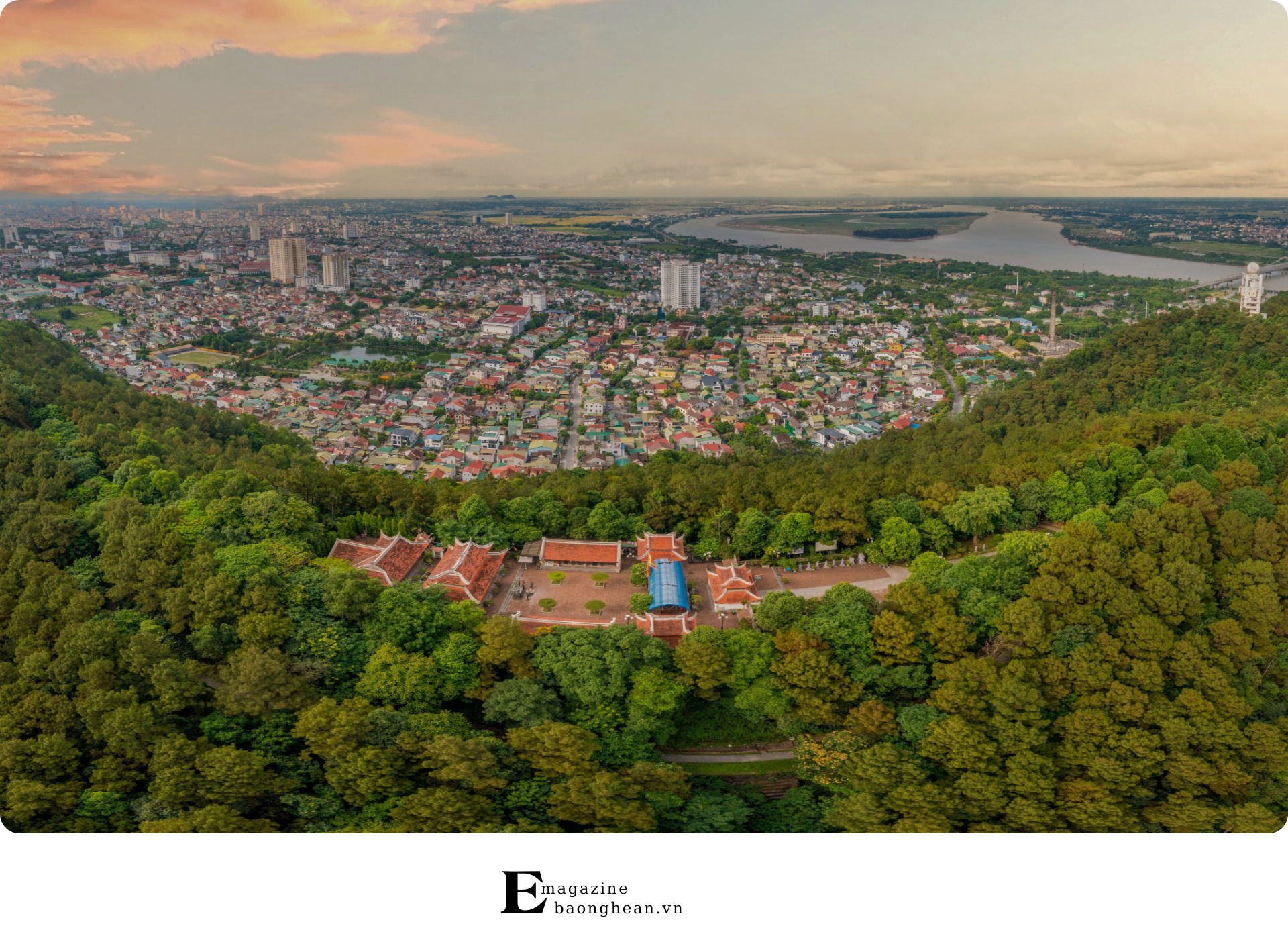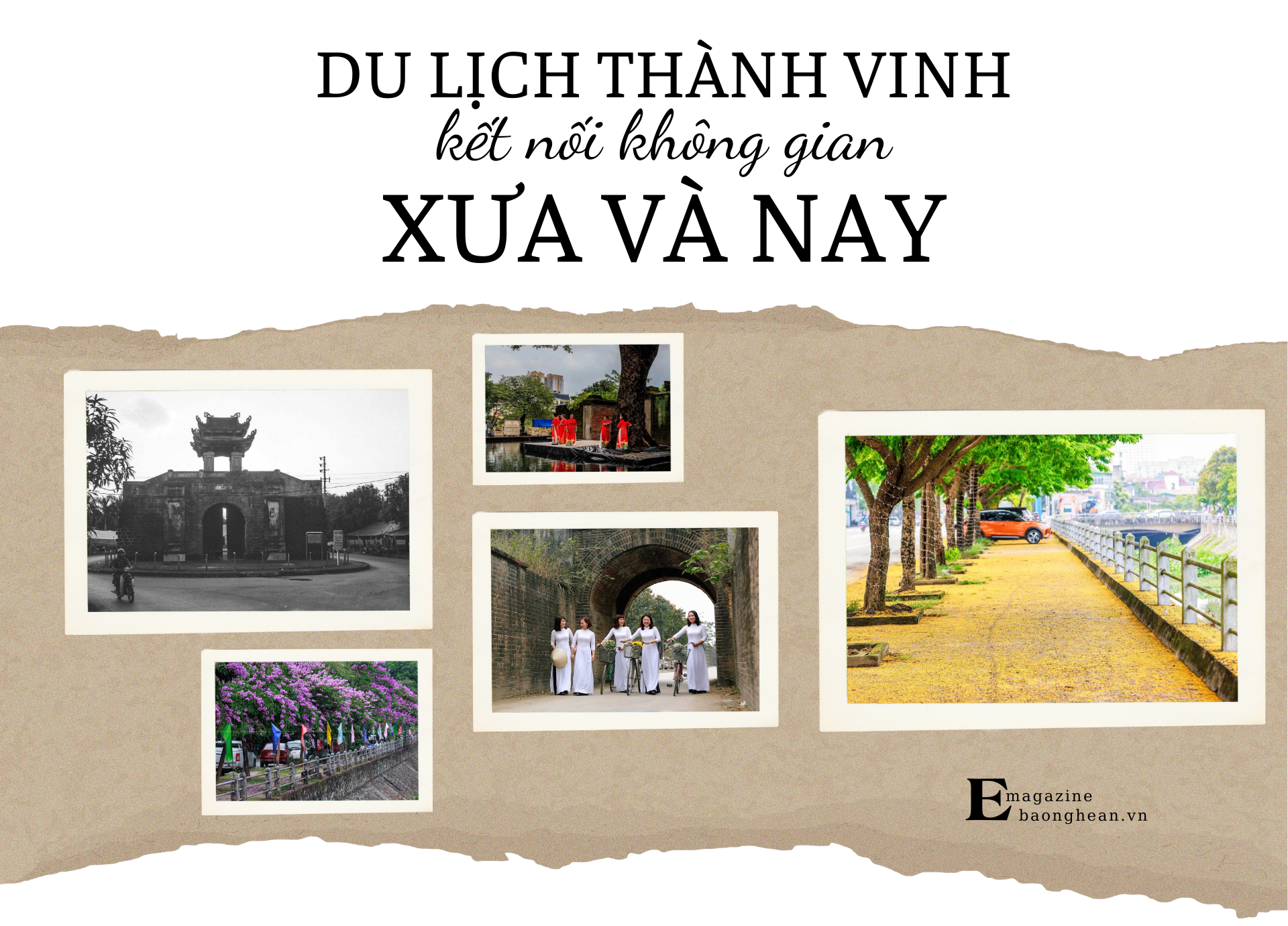
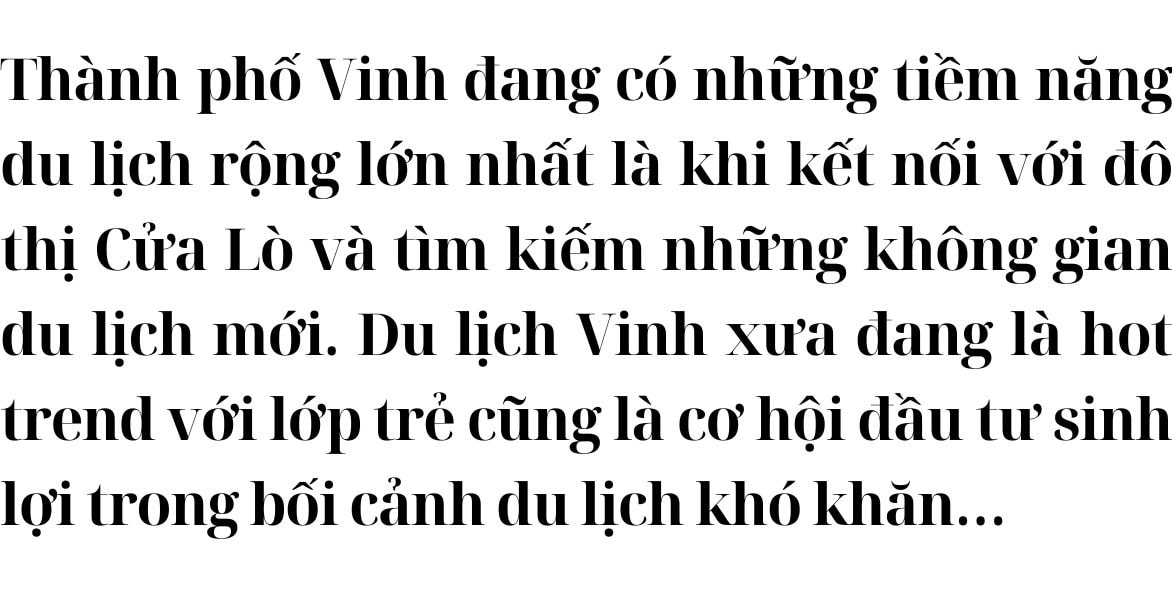
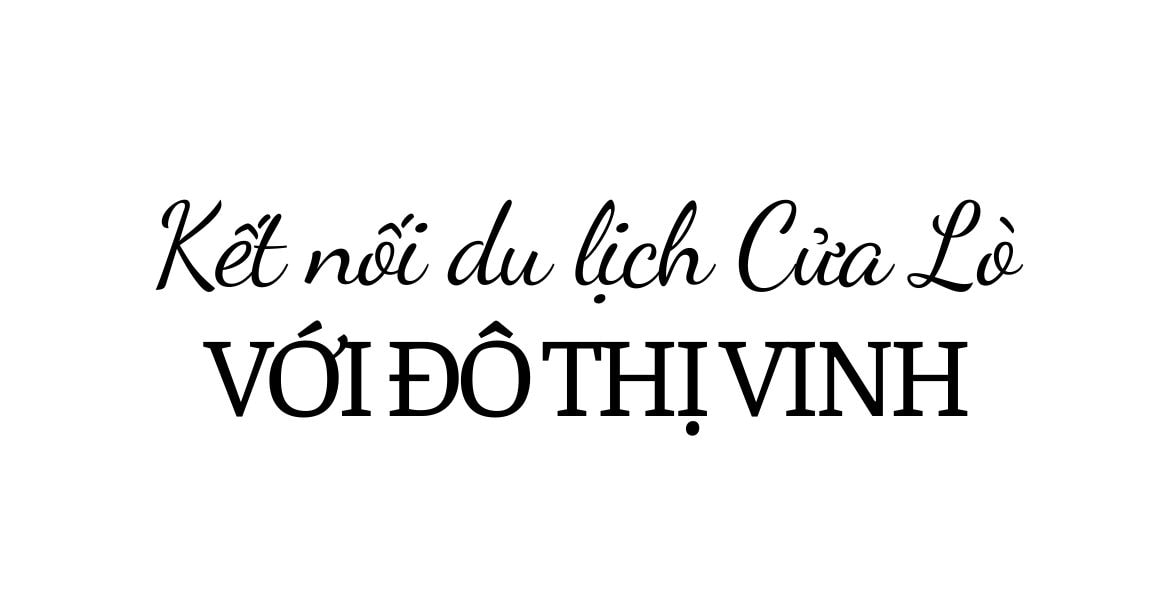
Vinh city is strongly connecting with Cua Lo to become a coastal city by the end of 2024 and the beginning of 2025. The steps are being implemented by the two administrative units. Regarding the arrangement plan, Cua Lo town will merge the entire administrative boundaries and population into Vinh city according to the Project to adjust administrative units and urban space of Vinh city.
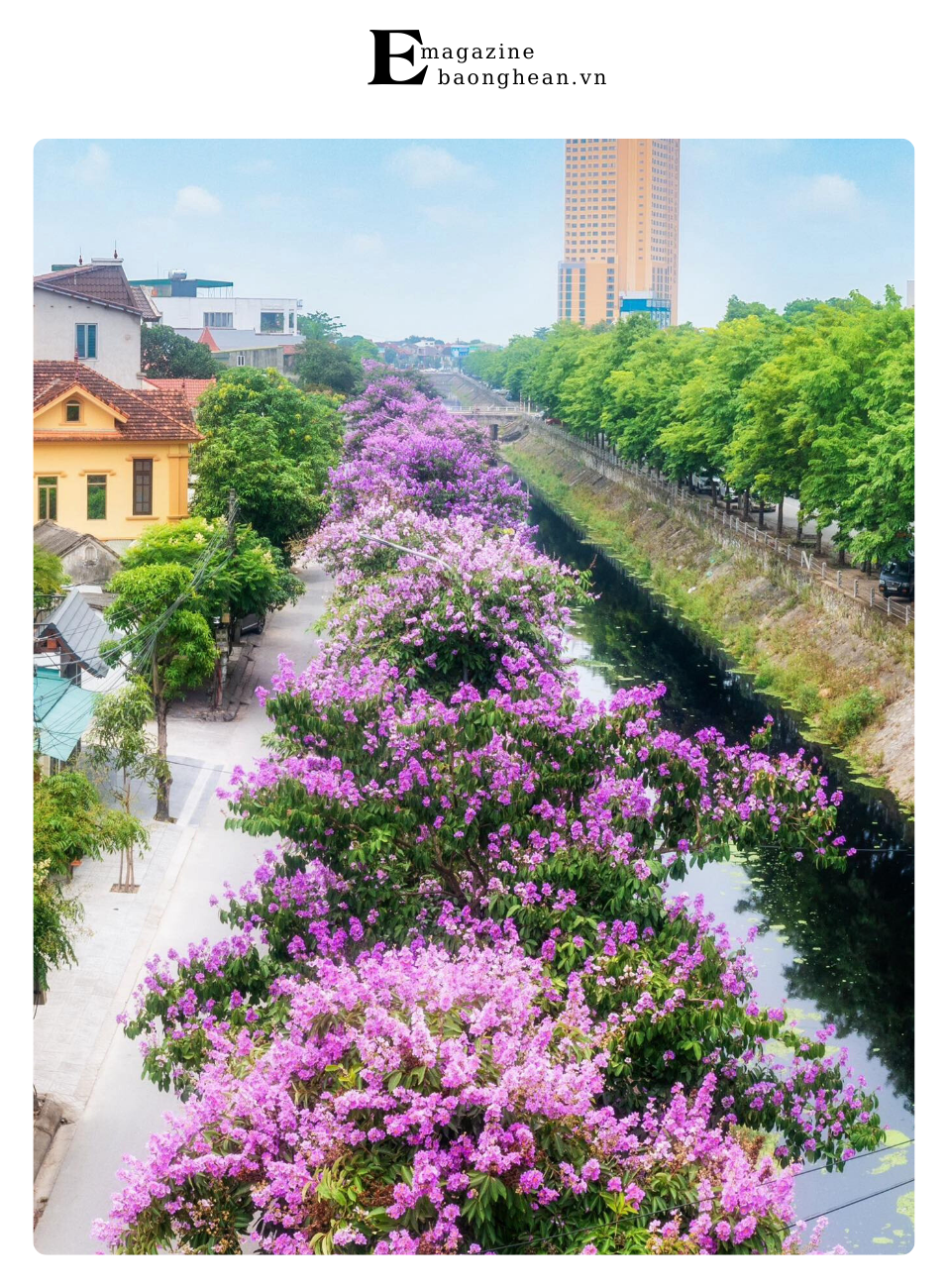
In particular, Cua Lo town (natural area of 29.12 km², population of 62,961 people) and 4 communes of Nghi Xuan, Phuc Tho, Nghi Thai, Nghi Phong (Nghi Loc district; natural area of 32.14 km², population of 42,642 people) will be merged into Vinh city in the near future. As a result, after the arrangement, Vinh city will have a natural area of 166.25 km² (reaching a rate of 110.83%), a population of 509,713 people (reaching a rate of 339.81%), with 36 commune-level administrative units (U/U) including 27 wards and 9 communes. This important event creates great new potential for the tourism industry in implementing tour and route plans and exploiting the value of the advantages of the surrounding areas of Vinh city and Cua Lo.
Mr. Tran Quang Lam - Vice Chairman of the City People's Committee said: "The suburban flower villages such as Nghi An, Nghi Duc (peach blossom village, rose garden, mulberry garden, bonsai craft village...) will be studied by the city to invest in flower areas, tourist areas. The road along Lam River, Quyet Mountain Forest Park, Hung Hoa Mangrove Forest connecting with Ecopark urban area... and Vinpearl Cua Hoi area, Cua Lo beach... will be attractive eco-tourism areas when the infrastructure and hotels and resorts are completed by investors".
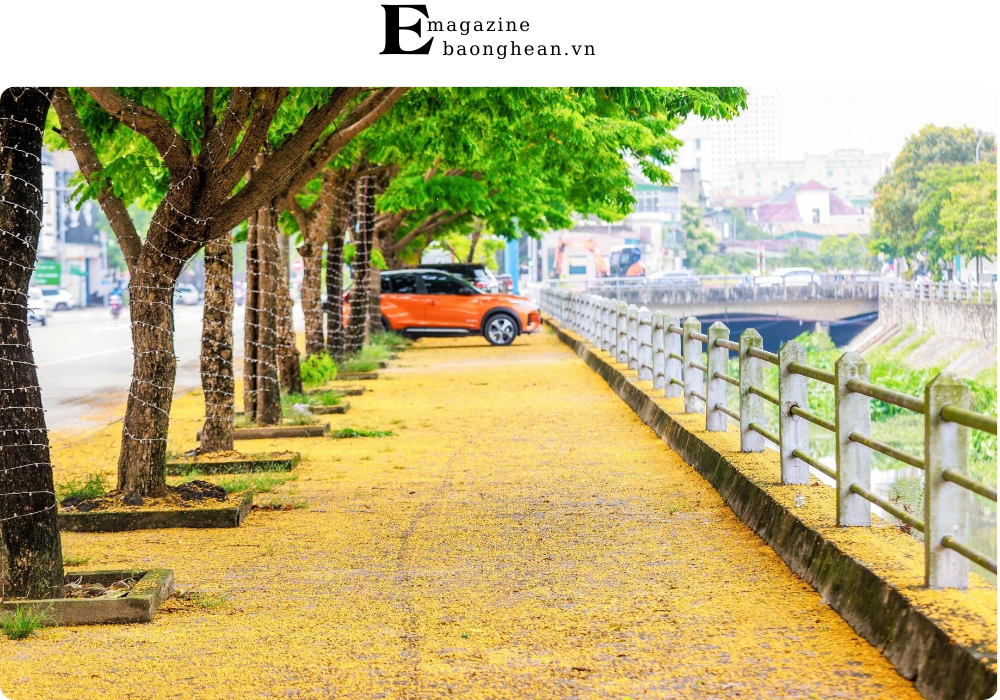
Currently, the main roads connecting the two cities such as 72m road, coastal road... are increasingly tight. The tourism human resources of the two cities, when merged, will also create more consulting power for the City Party Committee and the Committee in tourism plans and strategies of Vinh city. The tourism strengths between neighboring localities such as Nam Dan, Nghi Loc (Nguyen Xi temple), Nghi Thiet craft village, Bai Lu tourist area... will be connected to make it more convenient for tourists to travel to Vinh. The infrastructure of accommodation and restaurants, night streets, and walking streets are also being taken care of by Vinh city to create attraction for tourism in the Summer, Fall and Winter this year.

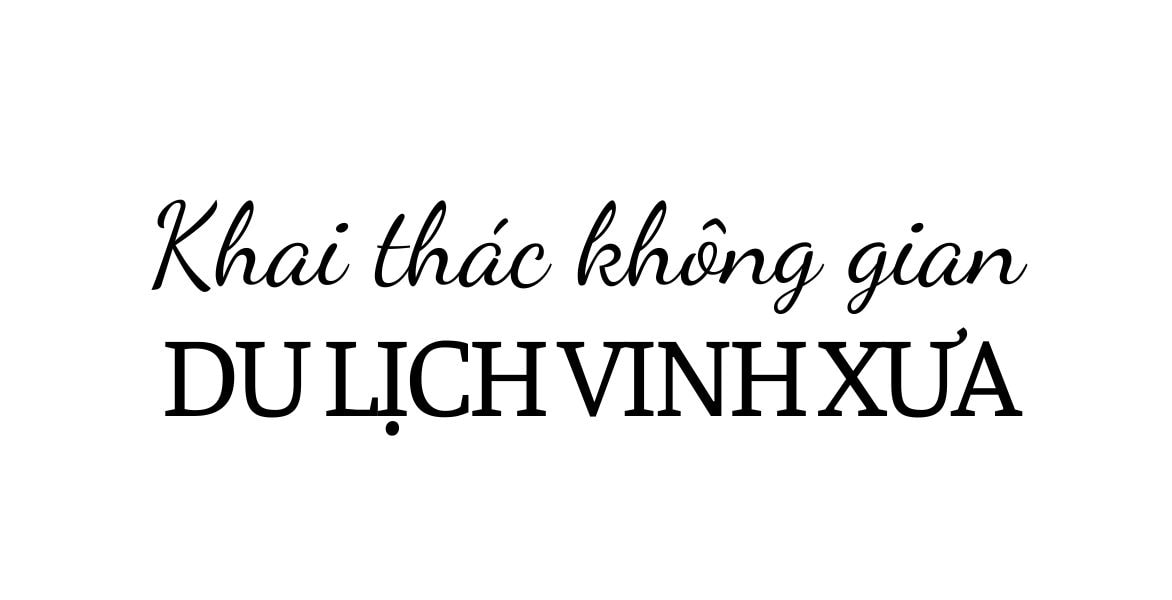
Vinh City has just completed 50 years of reconstruction. A precious old space of Vinh can create interesting check-in trends in Vinh and enrich the tourist attractions in a metropolitan city…
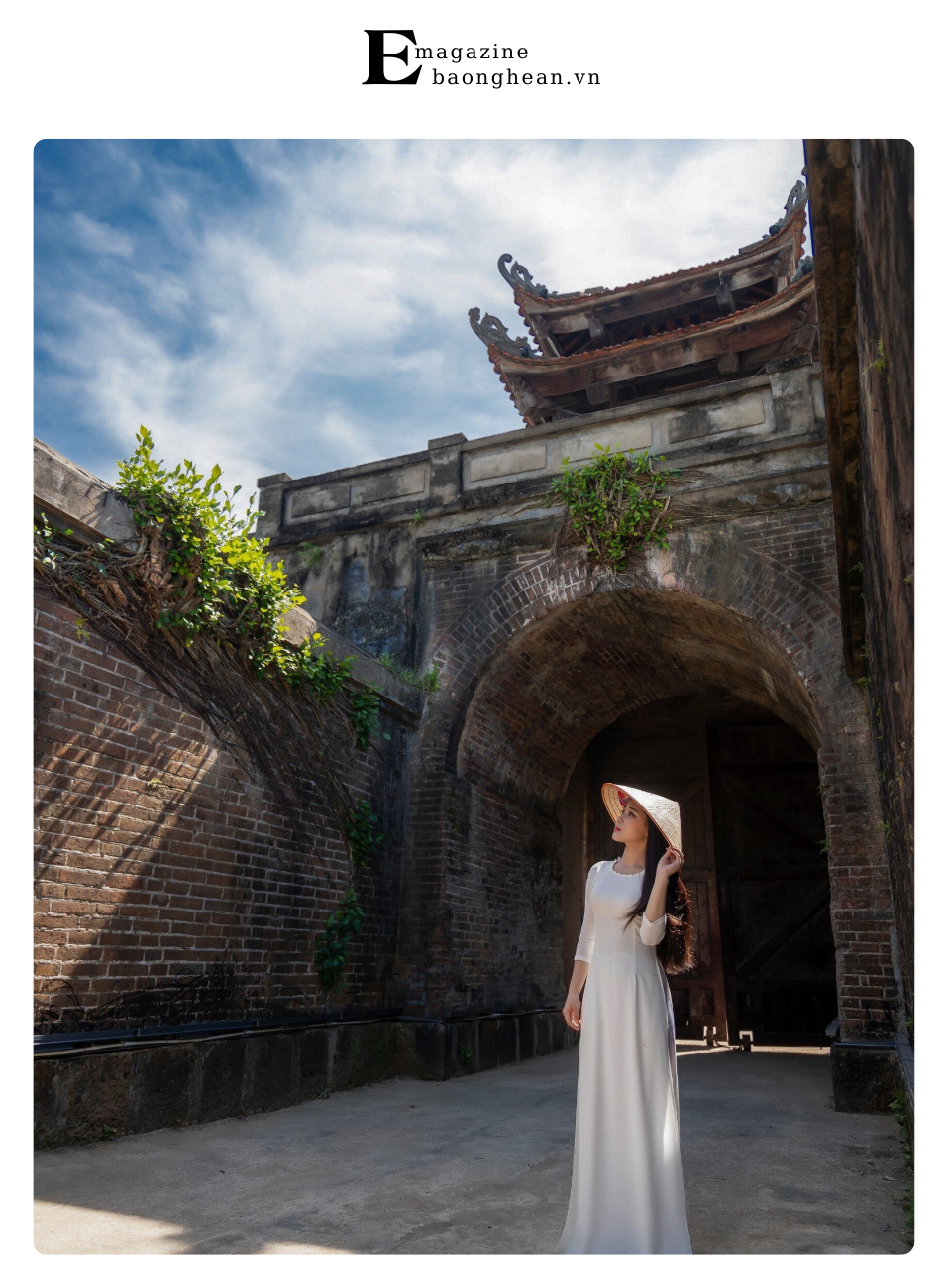
People remember Vinh as a bustling, bustling city that is being connected to Cua Lo in the near future, a bustling commercial center with many high-rise buildings, constantly renovated streets and increasing traffic jams... But there is also a quiet Vinh city that contains nostalgic old features with the hard work of many people, many jobs that are still there today, and in the trend of "healing", nostalgia, many people suddenly remember to check-in, keep the moments of sadness, missing a heroic Vinh city...
Quang Trung multi-storey house was built with support from the Federal Republic of Germany in the 70s. Quang Trung urban area (as it was called at that time) is located on Quang Trung street, the largest and most prime street in Vinh at that time and was completed and put into use in 1976. Up to now, old apartment buildings are being renovated, refurbished and newly built by investors, in which some areas have been basically completed, creating the majestic appearance of a modern, majestic city.
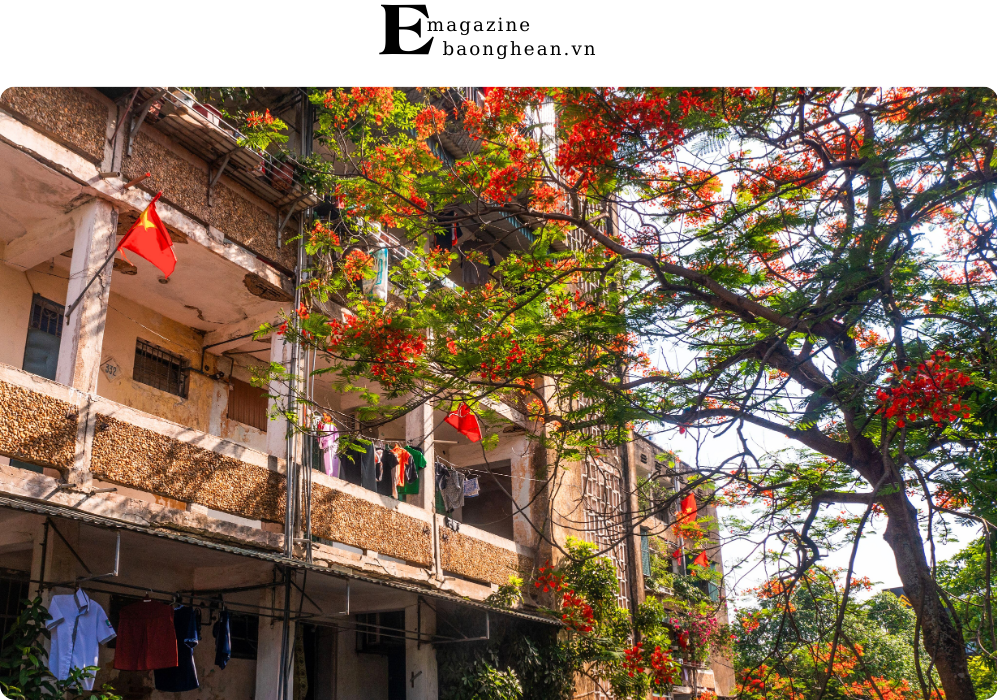
In the transition between the new and the old, the remaining apartment buildings have become "rare goods" attracting young people and nostalgic people to check in. The yellowed brick walls, the wooden stairs worn by time, the once-green painted windows, the row of basements on the first floor where many people made a living... surely still remind many people of the heroic and difficult times of Vinh... Many opinions wish that when renovating and building the new Quang Trung area, it would be necessary to keep a few old buildings as souvenirs, these buildings should be protected, cleaned to create the space of old Vinh, a witness of a time when the city rose up after the war.
If the famous Dong Xuan market in Hanoi has existed since 1889, the famous Dong Ba market in Hue has existed since 1887, Ben Thanh market in Ho Chi Minh City has existed since 1912, then Vinh market is also a market with a history of more than 100 years ago. History records that: On October 20, 1898, King Thanh Thai issued an edict to establish Vinh town along with the towns of Thanh Hoa, Hue, Fai-Fo (today's Hoi An), Quy Nhon and Phan Thiet. On August 30, 1899, the Governor General of Indochina approved this edict. The town initially surrounded Nghe An citadel, then gradually developed to the South.
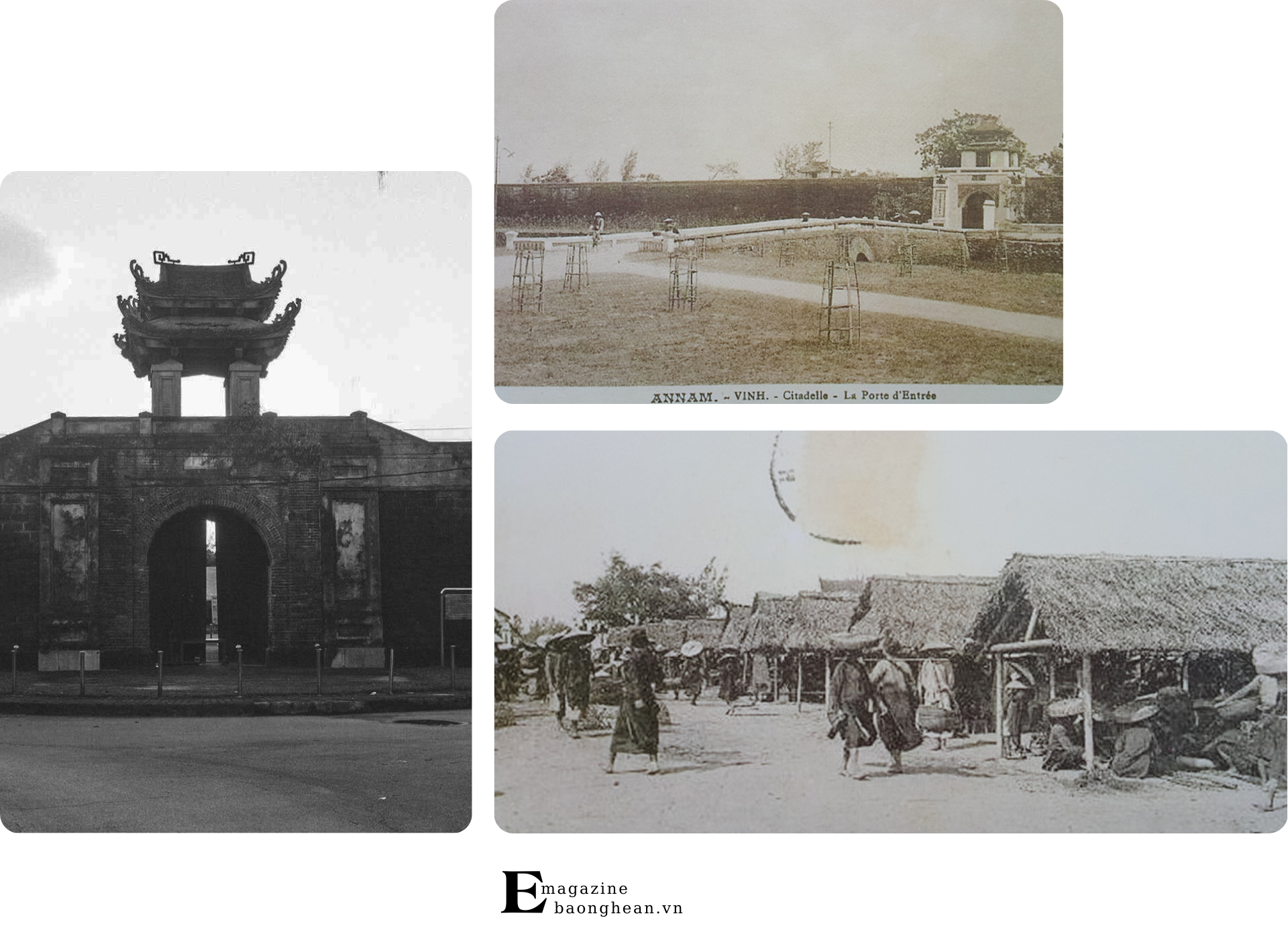
On December 10, 1927, the Governor General of Indochina issued a decree to merge Vinh town, Ben Thuy town (established on March 11, 1914) and Truong Thi town (established on August 27, 1917) into Vinh-Ben Thuy town, with the Nghe An Resident concurrently holding the position of director (ie mayor). This is a third-level city (commune). Here there is Vinh market and Yen Vinh village, also known as Vang village, where the French Consulate was built in 1897 outside Nghe An citadel, west of the citadel, next to Vinh Giang river and Vinh market. The Vinh market mentioned above is Vinh market today. After many ups and downs, Vinh market has been rebuilt several times. Currently, Vinh market is still bustling "on the wharf and under the boat", a destination for many domestic and foreign tourists when coming to Vinh city.
Coming to Vinh city, in addition to important spiritual tourist attractions such as Dung Quyet mountain, Emperor Quang Trung temple, Ho Chi Minh Square, Ong Hoang Muoi temple, visitors also have many opportunities to admire the streets in Vinh in all four seasons with different flower colors from rosewood, purple flower to yellow butterfly... Tourist attractions following the trend of old Vinh are also very attractive and create new trends, thereby creating new opportunities for people.
